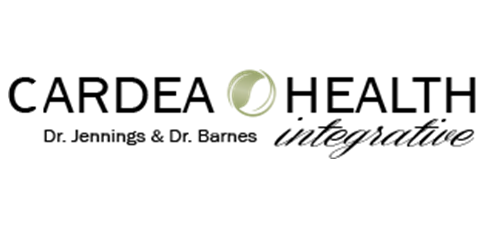By Jennifer Jennings DNP, MS
 Our long-awaited summer has arrived, along with friend and family gatherings, replete with a smorgasbord of foods, tempting us to indulge and overindulge. While most of us are anxious to enjoy all that the season has to offer, there is probably no better time to choose a more mindful approach to eating due to the physical and economic costs of obesity.
Our long-awaited summer has arrived, along with friend and family gatherings, replete with a smorgasbord of foods, tempting us to indulge and overindulge. While most of us are anxious to enjoy all that the season has to offer, there is probably no better time to choose a more mindful approach to eating due to the physical and economic costs of obesity.
According to the Centers for Disease Control (CDC), annual medical costs of adult obesity-related illnesses range from $147 billion to nearly $210 billion, and $14 billion for children. Obesity puts some 78 million Americans at an increased risk for heart disease, diabetes, cancer, stroke, hypertension, arthritis, high blood pressure and more.
Today, more than 30 percent of adults and 17 percent of children are obese, a rate that has increased steadily over the past 30 years. Never before have we seen so many children diagnosed with type 2 diabetes, hypertension, high cholesterol, and systemic inflammation. To make matters worse, these children also struggle emotionally due to bullying, social isolation, depression, and compromised self-esteem.
At Cardea Health Integrative (CHI) we focus on the root cause of chronic disease, treating the whole person, and not just their symptoms – much like peeling back the layers of an onion. Our treatment plans include measuring metabolic endocrine pathways, thyroid, hormone, protein, insulin, and cholesterol levels. We look for inflammation markers, which is related to obesity causes. We look at each patient’s diet, as foods such as refined sugars, hydrogenated vegetable oils, fried foods, enriched/bleached flours, dairy, artificial sweeteners and additives, gluten-containing foods, and processed/cured meats are also linked to inflammation. We also refer to the Dietary Inflammatory Index (DII), a new tool to assess and quantify the inflammatory risk of certain foods.
According to the Harvard School of Public Health, what we choose to eat plays a large role in determining our risk of gaining too much weight. And, NIH.gov stat es that toxic elements in our environment, such as BPA, phthalates, and glyphosate, and toxic chemicals can adversely affect our metabolic health and result in leaky gut.
es that toxic elements in our environment, such as BPA, phthalates, and glyphosate, and toxic chemicals can adversely affect our metabolic health and result in leaky gut.
Fortunately, proper diet and exercise can help. For most of our patients we recommend 30 minutes three days per week of high intensity interval training, which is generally safe for everyone, makes a big difference. Additionally, a ketogenic with most calories coming from natural fats such as meats, fish, butter, and cold pressed oils, and fewer calories from carbohydrates results in significant weight loss. Detoxification is important, too, and we offer a number of therapies to assist with detoxification.
As with any new diet and exercise regime, supervision is important. In integrative medicine, we treat the whole person. Once we determine what is happening in a person’s body, we find that they are on their way to healthier outcomes. As a person living with an autoimmune disease called Hashimoto’s Thyroiditis, I have learned first-hand that personalized medicine and getting to the root cause of disease is the best medicine.
About the Author
Dr. Jennings DNP, MS, is the owner of Cardea Health, an integrative medicine practice. She is experienced in level one trauma neurosurgical critical care, emergency medicine, primary care, and cardiothoracic surgery, and incorporates infusion therapy in her treatments. Call 716.685.2361 or visit www.cardeahealthwny.com.











